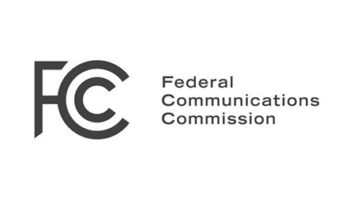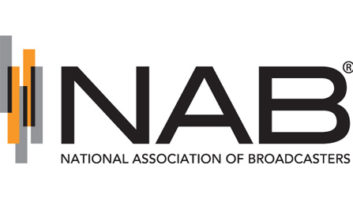Translator Applications Ripen
Mar 1, 2004 12:00 PM, By Harry Martin
The FCC now is immersed in evaluating and granting the thousands of FM translator applications filed as �singletons� (non-mutually exclusive applications) in August 2003.
Full-power FM stations must make sure the proposed translator facilities do not encroach on their service areas or extended service areas. A full-power station can have a translator application dismissed if it can show prohibited contour overlap. However, the FCC’s overlap criteria includes an exception where the translator applicant can show that there will be no population in the interference area. To show that there is no affected population, the translator applicant may use the undesired-to-desired signal strength comparison ratio formula. In areas where the FM station’s signal is strong, this method may show a small interference area that does not reach the ground, and therefore will not affect any population. The U/D methodology is effective when the proposed translator is on a second- or third-adjacent channel to the FM station.
FM translator applicants facing challenges on the basis of second- or third- adjacent channel interference claims must demonstrate that the area where interference would occur indeed has no population. Photos of the area and topographic maps showing no existing structures often are required. Highways are considered populated areas by the FCC, so overlapping interference contours over roads or highways will not be permitted.
Full-power FM stations are entitled to protection from encroaching FM translators outside their protected 1mV/m contours when the FM station can show that it has actual listeners who will lose service if the translator becomes operational. To show that listeners outside a full-power FM’s service area will be adversely affected, a petitioning station must produce sworn statements from actual listeners within the service area of the proposed translator. Arbitron survey data showing that an FM station has listeners within certain ZIP codes in the translator service area have been held insufficient because, the Commission says, such data do not establish where survey respondents do their listening.
After a translator goes on the air, no matter where it is in relation to a complaining full-power station, the FM station can have the translator permit or license cancelled if it can demonstrate, again through producing statements by affected listeners, that the translator is interfering with reception of the FM station.
Biennial ownership reporting
For those radio stations required to file their renewal applications in 2004 (i.e., stations in Arkansas, Colorado, Illinois, Indiana, Iowa, Kentucky, Louisiana, Michigan, Minnesota, Mississippi, Missouri, Montana, North Dakota, Ohio, South Dakota, Tennessee and Wisconsin) the Commission is requiring the filing of a biennial ownership report along with the renewal even though such reports were filed last year for stations in the listed states. However, no filing fees will be due with such 2004 biennial reports. Licensees have been instructed to label the report as �other� in the box on the first page of the CDBS electronic form where fee exempt status may be claimed. After this year, renewals and ownership reports will be on the same cycle.
Commercialization on noncommercial stations
The FCC recently fined a noncommercial station $10,000 for broadcasting advertisements.
Section 399B of the Communications Act bars the broadcast of advertisements by stations that are licensed for noncommercial educational service. Advertisements are defined in the FCC’s policy statements as paid messages, which include calls to action, comparative or price information or qualitative descriptions. Paid acknowledgement announcements, which are not considered commercials, may advise listeners of the name, address and telephone number, the type of business, the products offered and other factual data. To stay clear of an FCC enforcement action remember that an advertisement is promotional while an acknowledgement is descriptive.
Dateline:
Stations in Indiana, Kentucky and Tennessee must file their renewal applications and biennial ownership reports on or before April 1, 2004. Stations in Michigan and Ohio must file their renewal applications and biennial ownership reports on or before June 1, 2004, and begin their pre-filing renewal announcements on April 1, 2004.
Martin is an attorney with Fletcher, Heald & Hildreth, PLC., Arlington, VA. E-mail[email protected].












